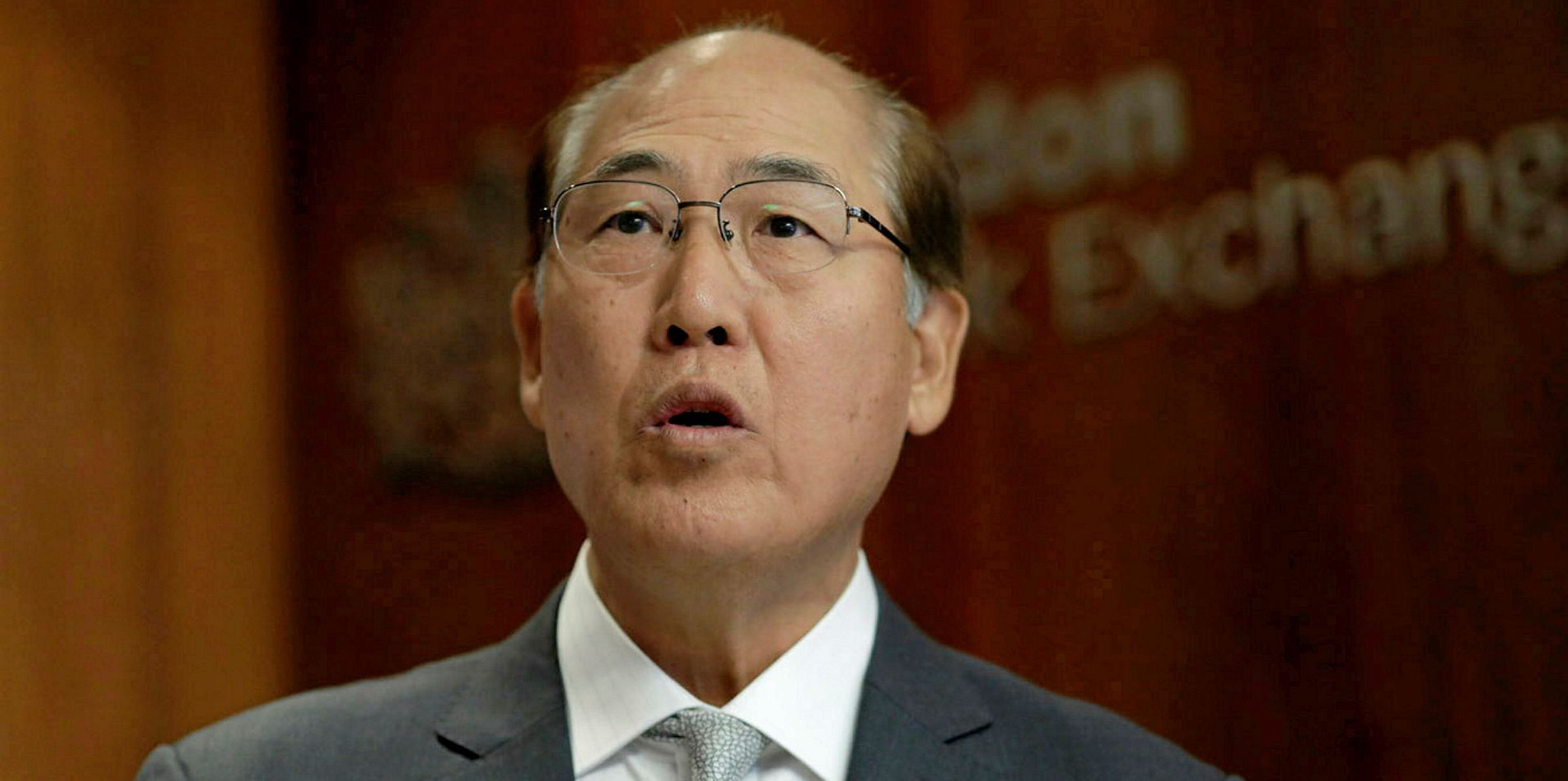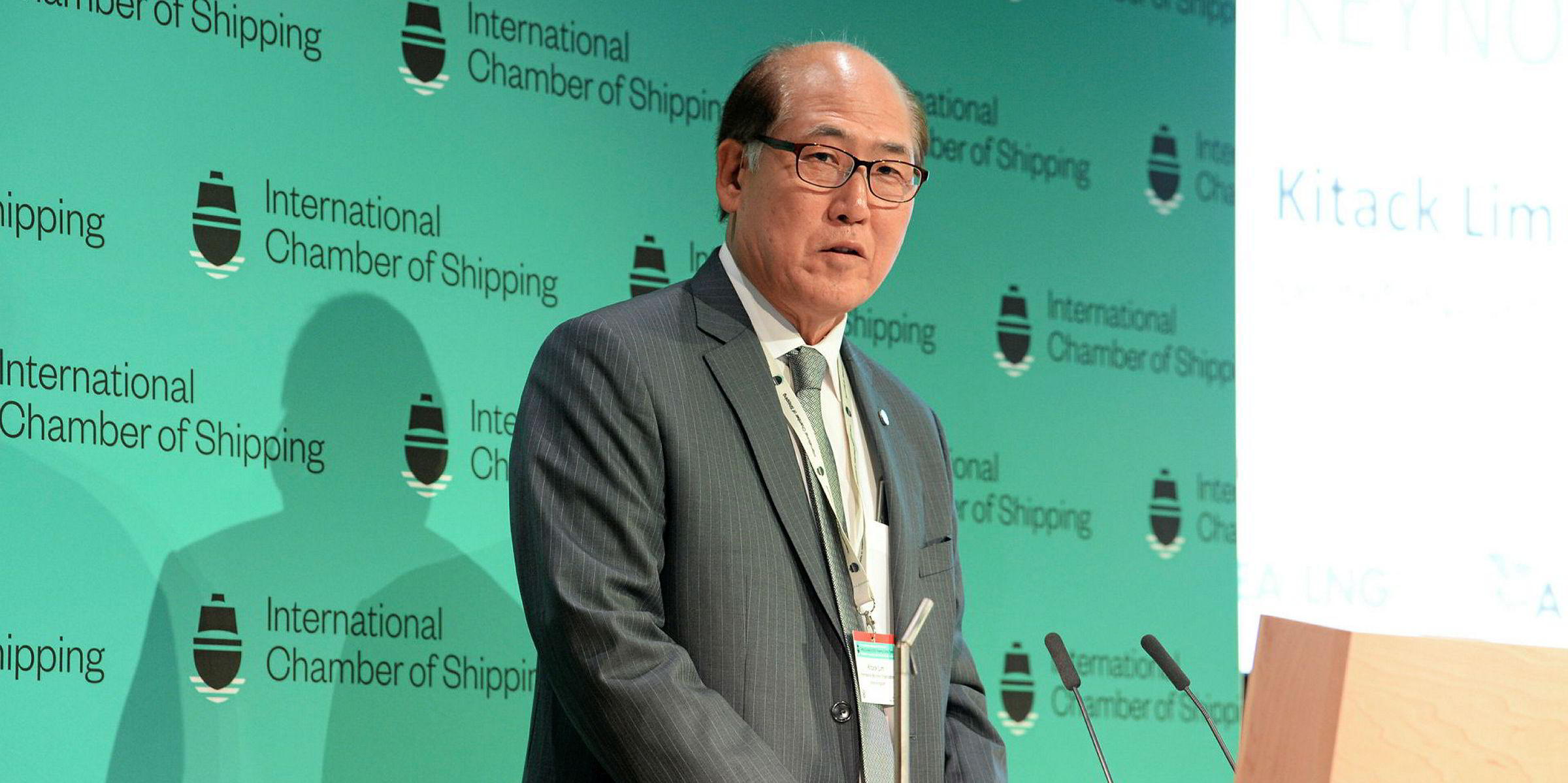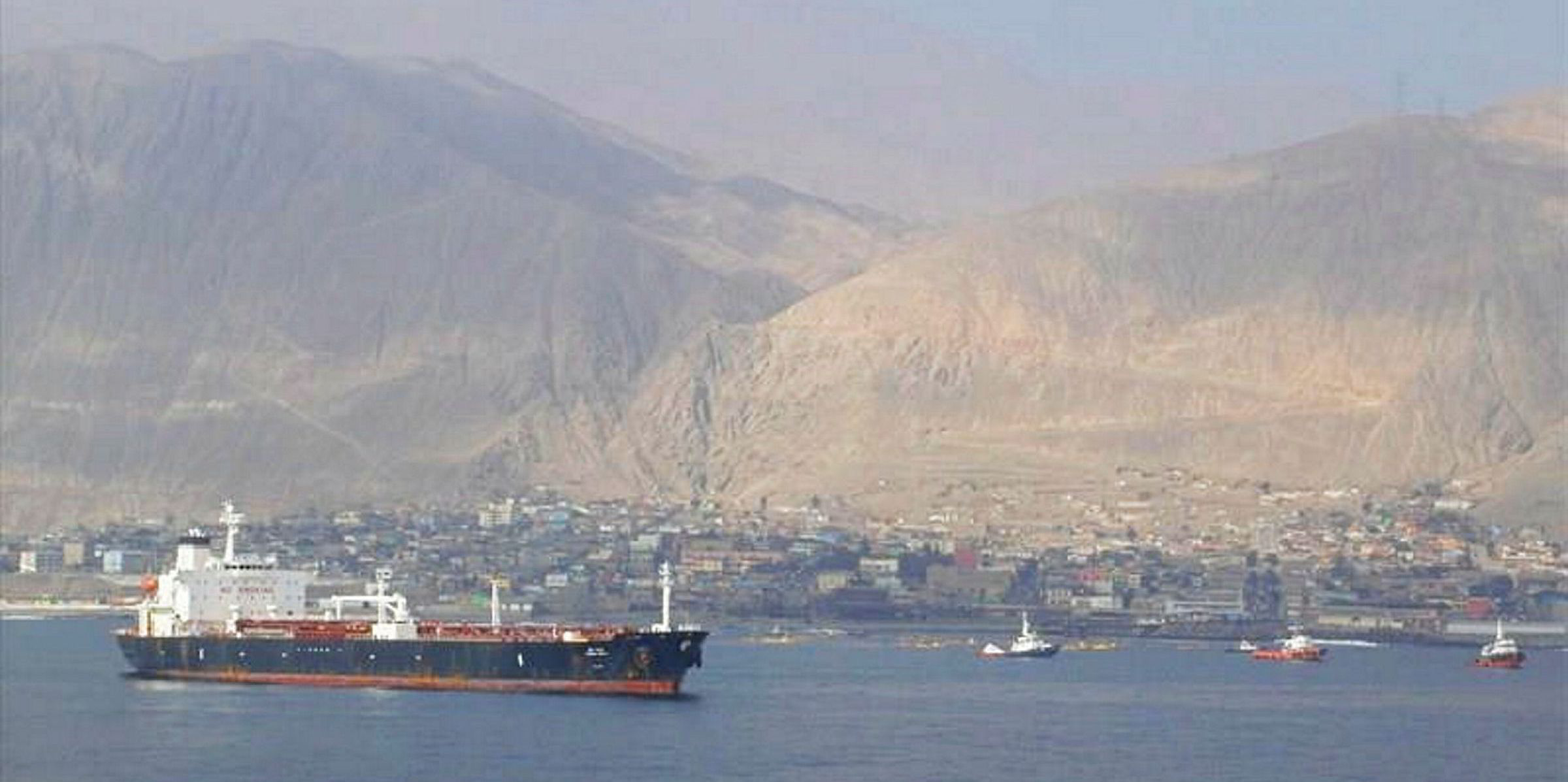The IMO has called facilitating crew changes and getting seafarers home "two of the biggest challenges facing the shipping industry" from Covid-19.
The UN-backed regulator said Thursday that the 12-step plan to get seafarers to and from ships provides a path to solving the issue, affecting hundreds of thousands worldwide.
"At their heart is a call that, provided shipping companies broadly comply with and adhere to measures applicable to them, governments and their relevant national authorities should, for their part, do everything possible to allow crew changes to happen," the IMO said.
The plan was released earlier this week and outlines responsibilities and procedures to get seafarers both to their ships and home.
The cover parties ranging from companies to border patrol agencies to seaports and health authorities, providing guidance on roles and processes.
Crew changes have been delayed due to the Covid-19 outbreak, with various countries enacting various forms of travel bans or strict repatriation rules.
In March, the International Transport Workers' Federation (ITF) and the International Chamber of Shipping calling on the UN and world governments to provide seafarers the same key worker status that airline crews and medical personnel have.
According to the ITF, there are tens of thousands of seafarers trapped aboard their ships and an estimated 150,000 that need to be taken off ships in two weeks' time.
The IMO is said to be working with member states to implement the plan, developed with industry groups and workers.
Already, the UK Chamber of Shipping has advocated for their adoption.
"The UK government has an opportunity to become the first in the world to officially adopt and endorse these change-over measures," chief executive Bob Sanguinetti said.
"If we want to ensure supply chains remain open, and essential goods including food, fuel, raw materials and vital medical supplies continue to flow into the country, it is vital that crew changes can take place and seafarers are allowed to move between countries without imposition."






